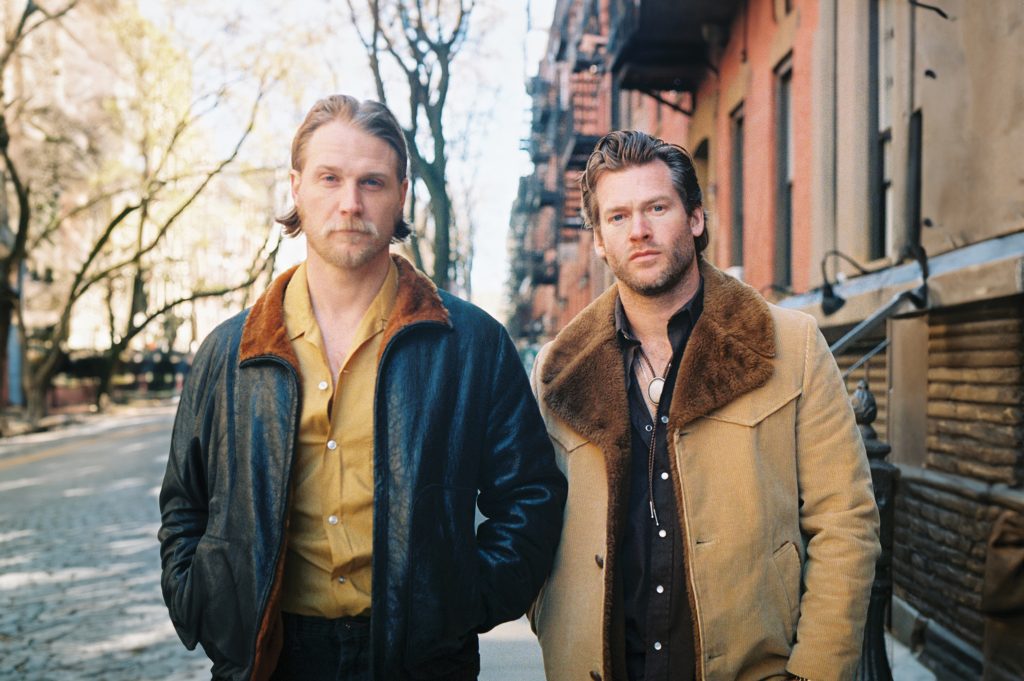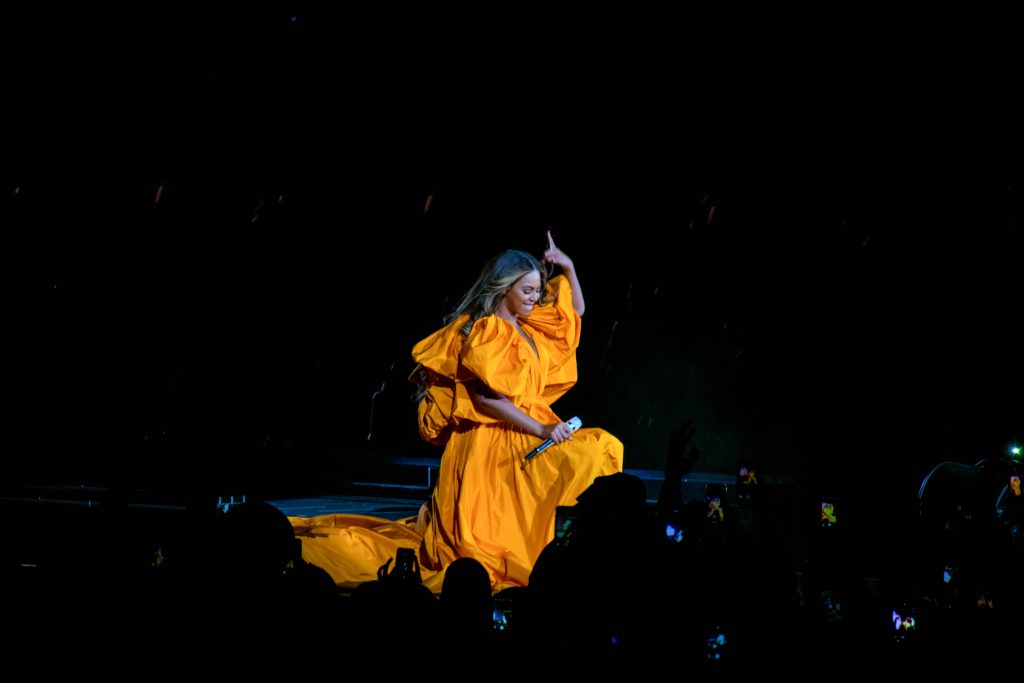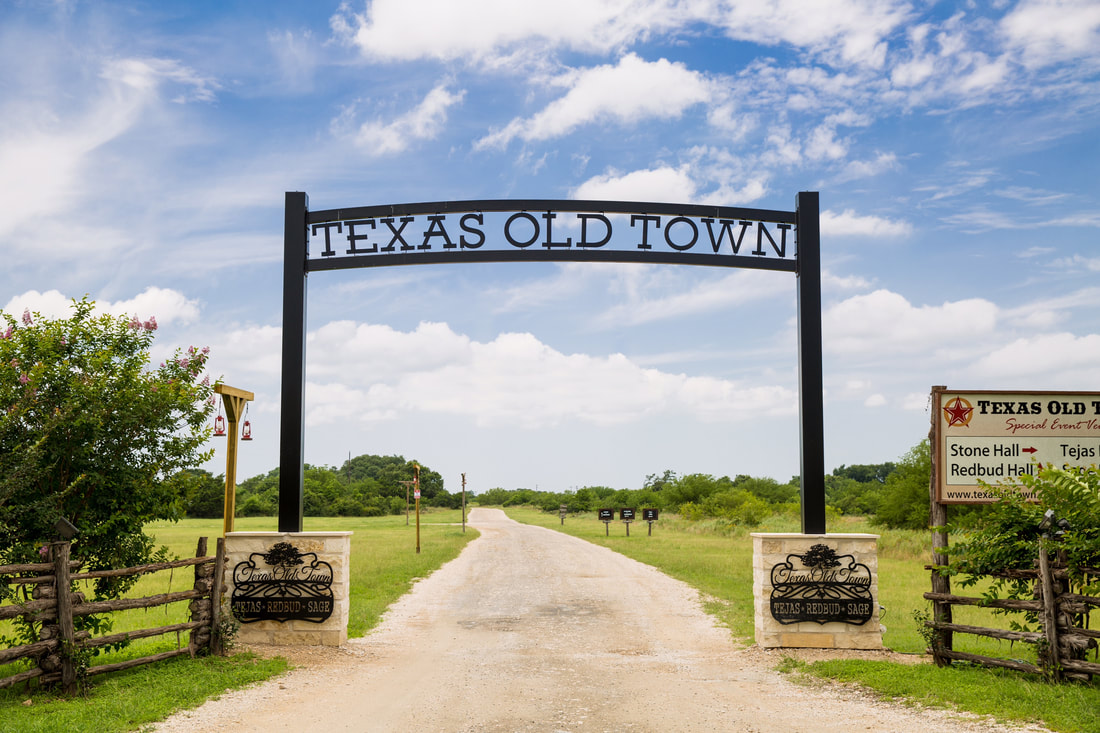
Photo courtesy Langley Metal Works
Lately, while driving down country roads in Texas—doesn’t matter whether in the Hill Country or Piney Woods or the Panhandle—my husband and I have noticed more and more artful metal signage on ranch gates and farm entrances. Families display ranch brands or the name of their spread on specially designed gateways; often, the signage includes silhouettes of buffalo, quail, or coyotes.
This passion extends to less rural settings, too, as folks enjoy a piece of personalized metal art in the yard, garden, patio. Even in town, we’ve see an uptick in neighborhoods populated with fancy address numerals with the family surname on houses, and the occasional family monogram on a brick mailbox pillar. And we just knew these didn’t come from the local hardware store.
Chatting with decorative metal workers around Texas, I had my suspicion confirmed—the more time we’re spending at home, the more this industry has boomed. “Almost as soon as the pandemic started, business blew up,” says Jessica Langley, who runs Langley Metal Works with husband Curtis in Hico. “People are spending time at home and looking around at things they want to add, what to do with the garden or the house.”
The Langleys craft a wide variety of metal signage, including everything from 4H and FFA livestock show barns to ranch gate logos and brands to garden and door art, with styles ranging from Old West to feminine and fancy. Jessica’s studies in studio art and landscape design inform much of her skill, while Curtis—a Tarleton State University professor in agriculture education—applies his engineering interest to the craft.
Recently, there’s been a surge in quote signs, those pieces of metal with a cut-out quotation made popular on HGTV’s Waco-based show Fixer Upper. The Langleys fashion similar signs. Customers have opted for “home sweet home,” “it was always you,” or “you are my sunshine/my only sunshine,” or they order a custom quote or scripture. The material is recycled steel, rather than aluminum or tin, and can be powder-coated to prevent rust. (Sizes and prices vary widely, starting at about $40 for a 12-by12-inch sign.)
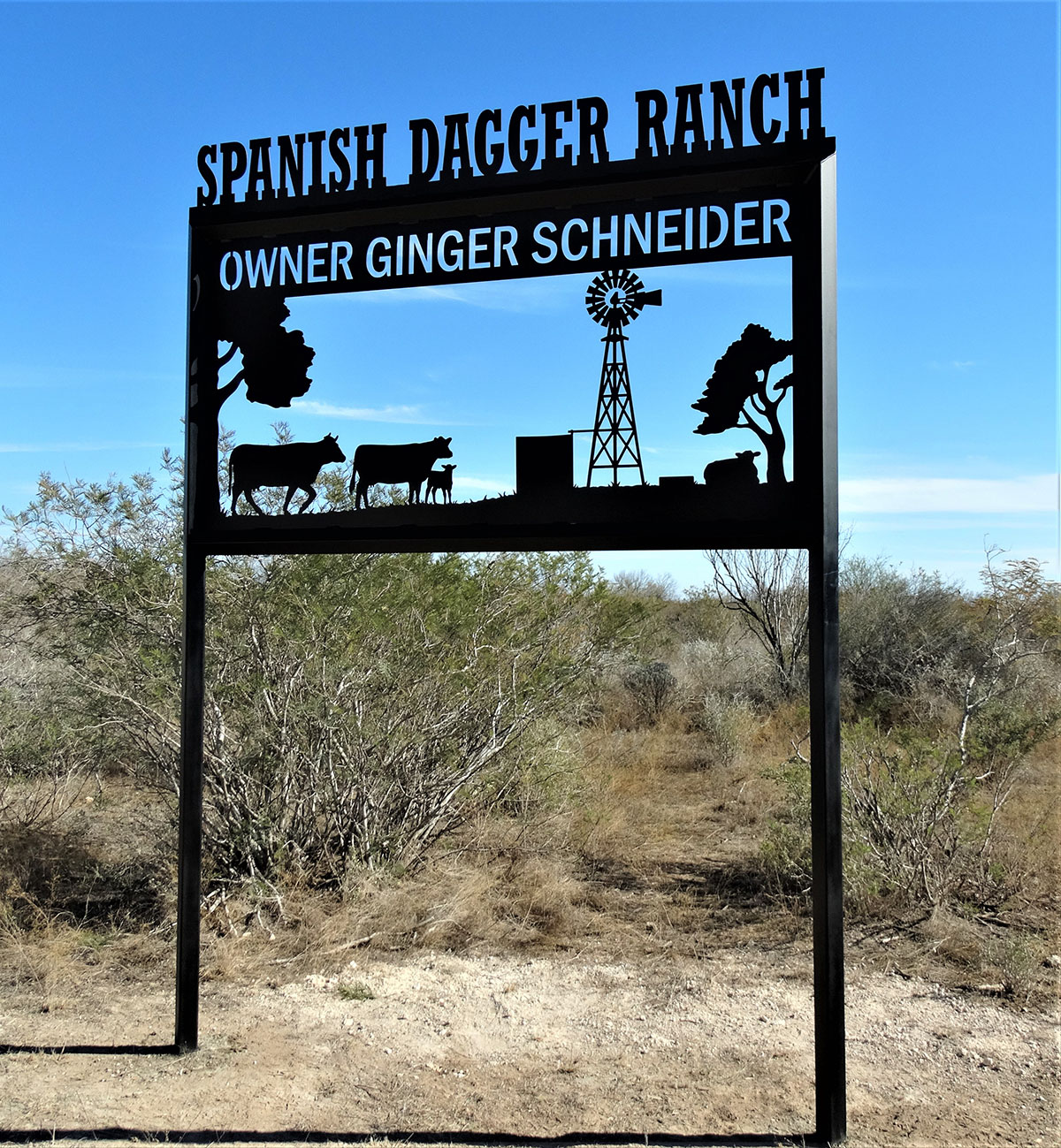
Photo courtesy Cody’s Metal Art
Just outside Uvalde, Cody Brown, a ranch man and experienced welder, shifted his focus to metal art about a year ago. Custom ranch and farm signs make up much of his business, and now he counts clients who want specially designed house numbers for their home facades; he’s even found a following in the wedding business, where big metal monograms are the rage. His computerized plasma cutter allows him to work with a variety of metals, adapting to customer needs for hanging the signs, whether on a sheetrock wall, wooden patio fence, or heavy iron gate.
“Some clients find me online and others are snowbirds just driving through this part of the country, and they’ll stop to talk about a sign they want,” he says. “You just give me an idea of what you want and the size, and I’ll draw it up. We work with it till you like it.”
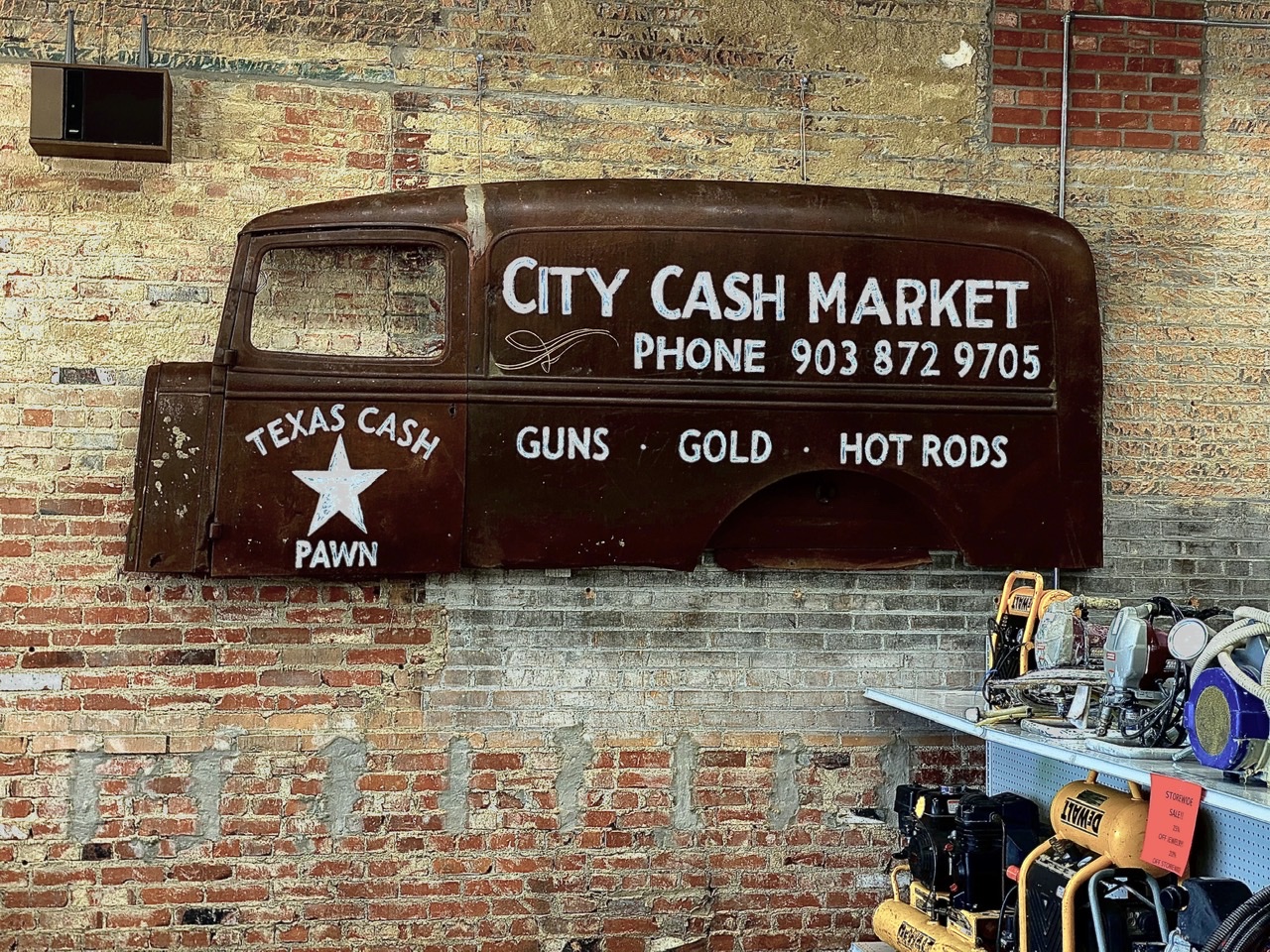
Photo courtesy Sarah Ayala
Fort Worth’s Sarah Ayala attracts a following for her hand-lettered and hand-painted artwork, which includes murals, paintings, maps, and signs. A client in East Texas provided rusted sides of an old truck to use as a canvas on which she painted the requested advertising and signage. Using enamel paint and traditional pinstriping lettering paint, she applied mineral spirits on top “to create an aging effect on the lettering to go with the rusted truck vibe,” she says. “I got inspiration from traditional lettering font styles.”
The visual feast of metal signage made me wonder: What happened to the signs of yore—the artful signs once used in advertising soft drinks, cigars, motor oil, and beer? Some of those vintage enameled metal signs bring a pretty penny at places like the Round Top Antique Fair—price tags of up to $5,000 are seen on samples in mint condition—but why isn’t that style of metal sign common anymore?
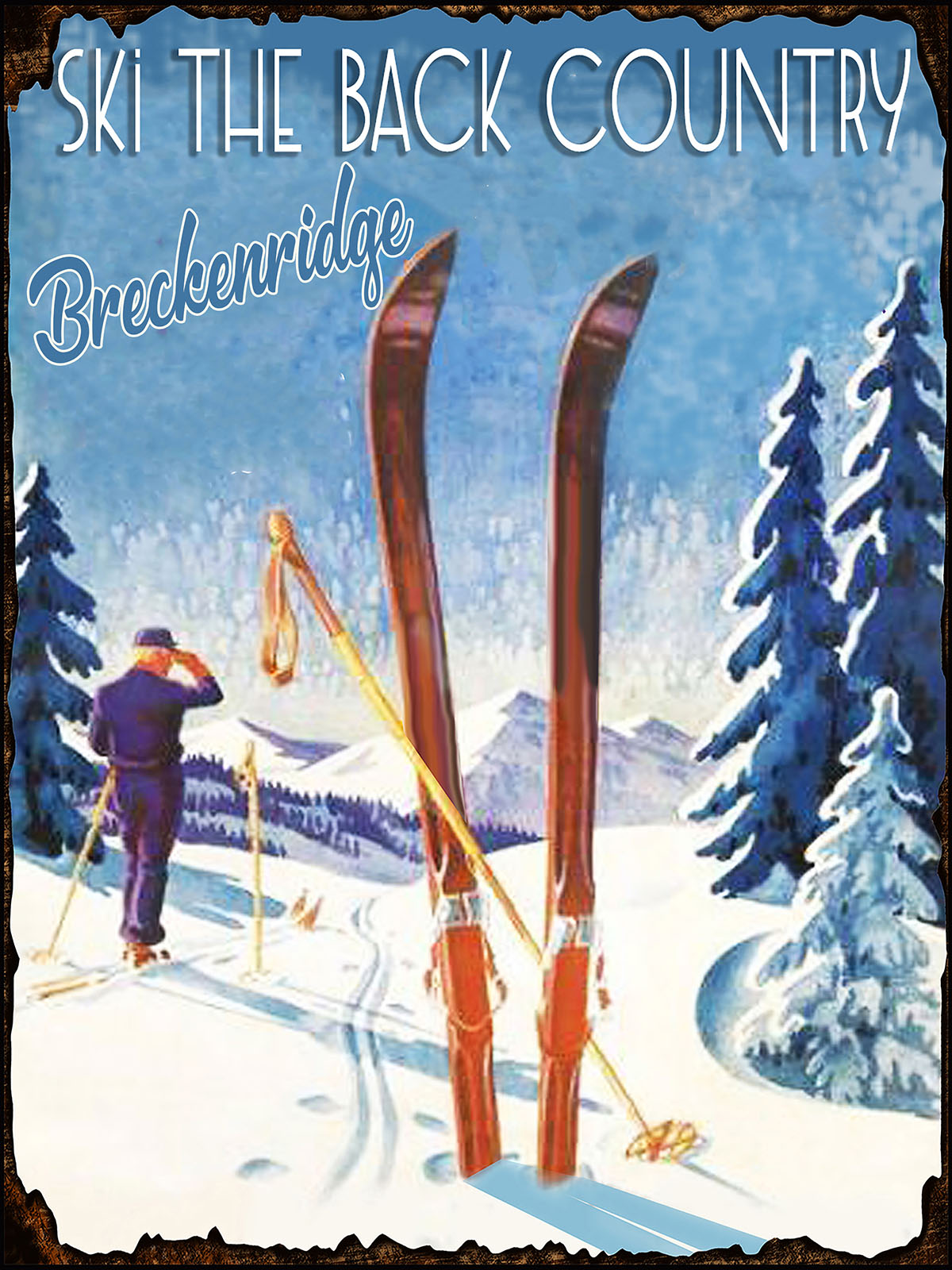
Photo courtesy Original Metal Sign Company.
Turns out, you just have to know where to look. Original Metal Sign Company, a manufacturer in Arlington, makes reproduction signs evocative of those artistic versions from the 1920s through the 1970s. From vintage Colorado, Hawaii, and New Orleans, to train and ship travel art, to soda fountain and coffee shop signage, to nostalgic golf, baseball, and fishing signs—everything is covered. The company produces signs for retailers to buy in bulk and sell but also for individuals who love the old designs.
“There’s definitely a resurgence of interest in the vintage look,” says company co-owner Kevin Black. “We do a lot of reclaimed wood frame business, too, and people love the old look for affordable home décor.”
And the more people are staying home, Black says, the more they’re enjoying the online shopping ease—as well as focusing on a simpler time.


